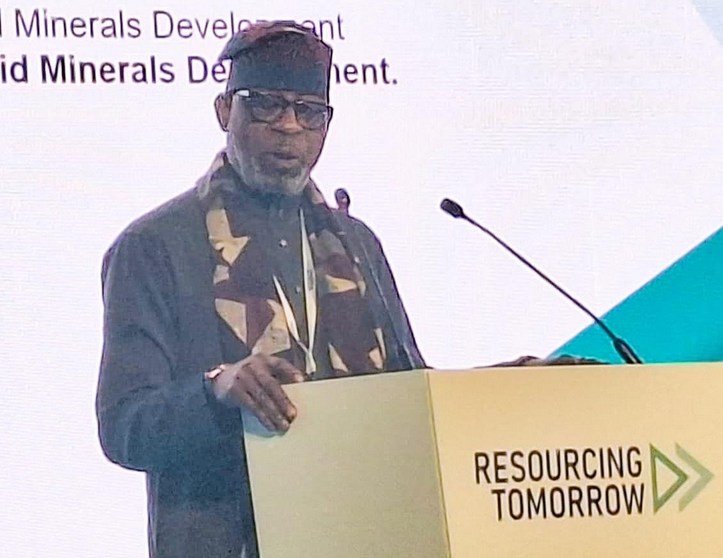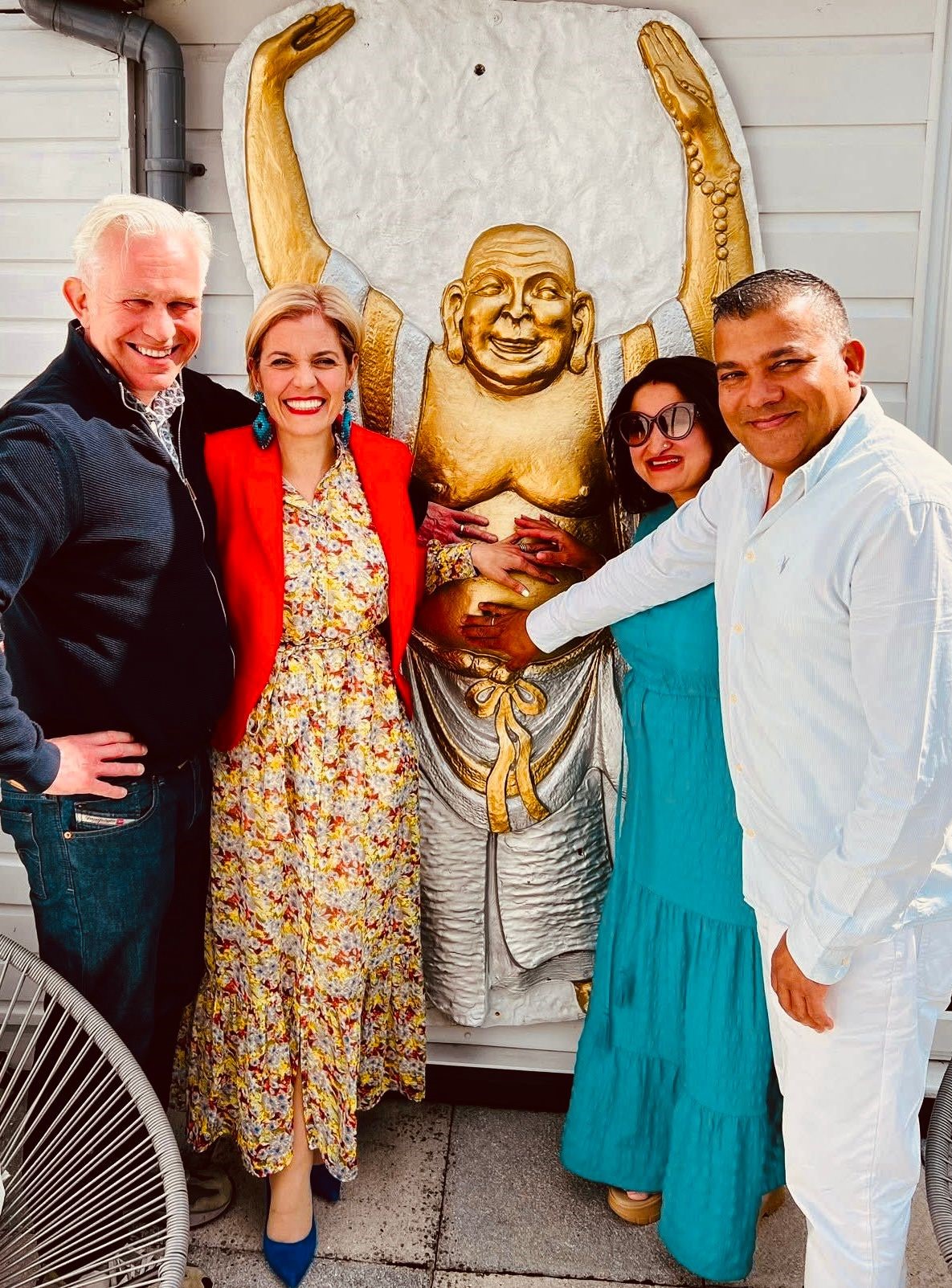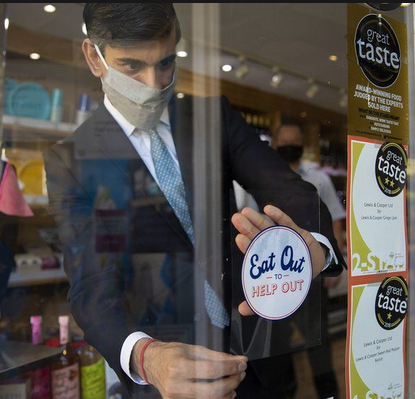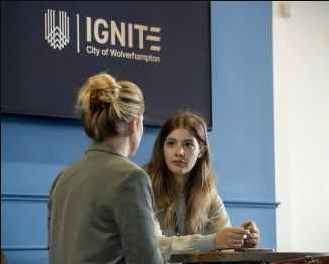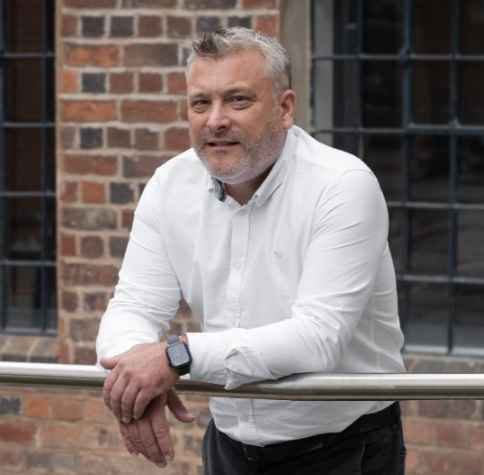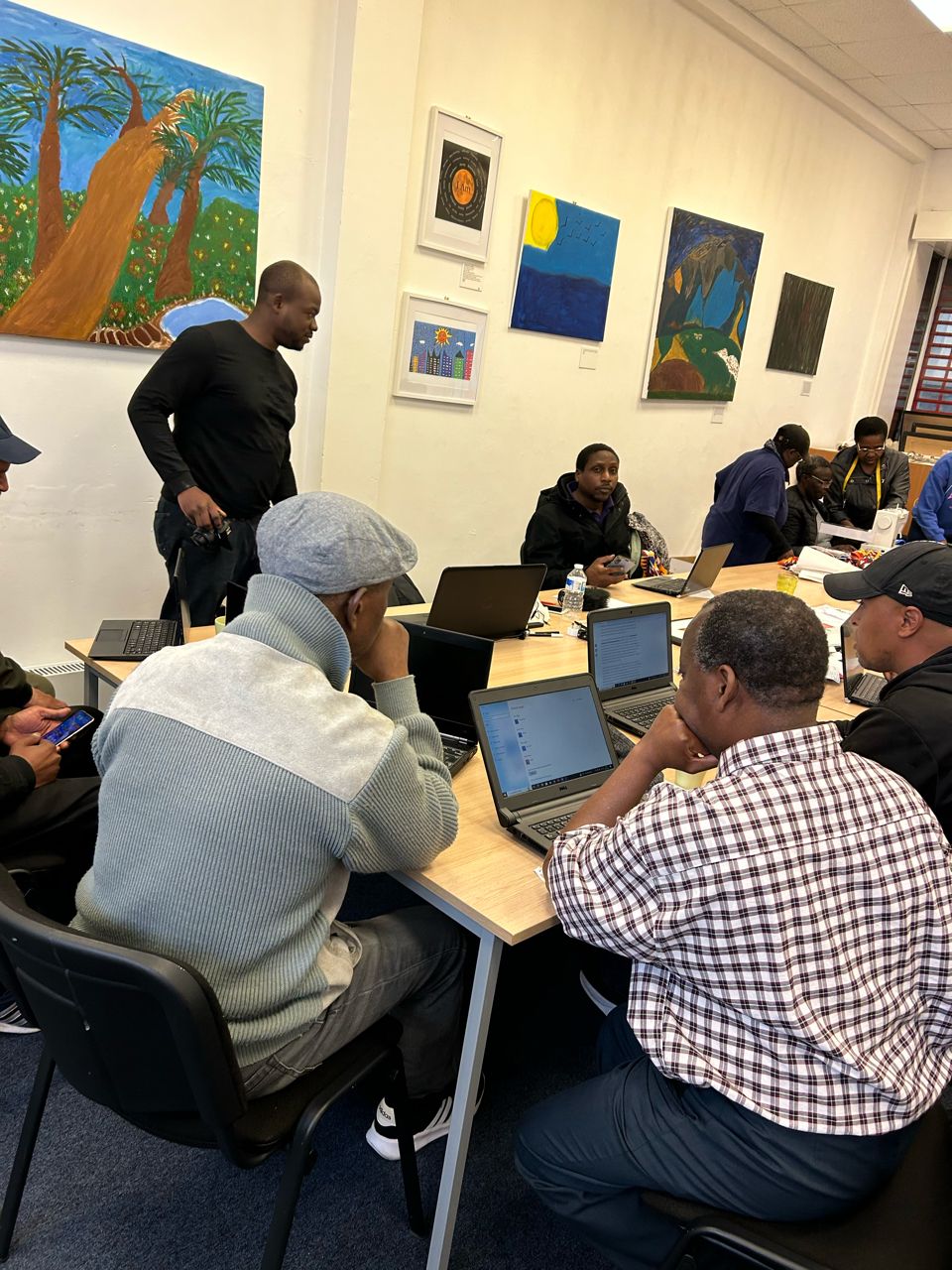Sense International supports children and adults who are deafblind in Bangladesh, India, Kenya, Tanzania, Peru, Romania and Uganda and they are currently planning a programme for Bangladesh to support deafblind children that are currently being excluded from basic education, with dire consequences for the individual, family and community.
The programme will see the implementation of an improved infrastructure for people who are deafblind, including the establishment of a regional resource centre, specialist teacher training and community-based education support. The programme will directly impact over 400 deafblind children, 64 schools, over 200 teachers and a further 8,000 students, like Afsana.
Afsana's Story

8 year old Afsana lives in Bangladesh with her mother and father, two older brothers and sister. Afsana, who has partial deafblindess, spent her early years isolated from the community, as her parents struggled with the social stigma of raising a disabled child. When the Sense International team met Afsana she was unable to communicate.
The team encouraged the family to work with them to support their daughter. An education plan was developed for Afsana, and over time they developed simple communication skills, and encouraged vocalisation. It didn’t take long before Afsana became more engaged with her surroundings, and found confidence in expressing herself.
The team also worked with Afsana and the family to develop her skills for daily living, providing training on toileting, eating, brushing and wearing clothes in preparation for enrolment into school. In December 2015, Afsana began to attend pre-primary school classes which she now regularly attends with her mother. She loves class and her teachers have even arranged seats for her in the front row.
The team are still in regular contact with the family, visiting Afsana at home to work with her on writing and drawing, as well as the school to ensure her teachers are educated about her condition. Afsana’s parents, neighbours and teachers are delighted to see the progress she is making and how much happier she now is. She is no longer isolated from the community, as the family have a better understanding of her condition and confidence in their child to manage new situations. Her father thinks that an increase in sales at their shop is thanks to the good rapport Afsana has built with the customers.


